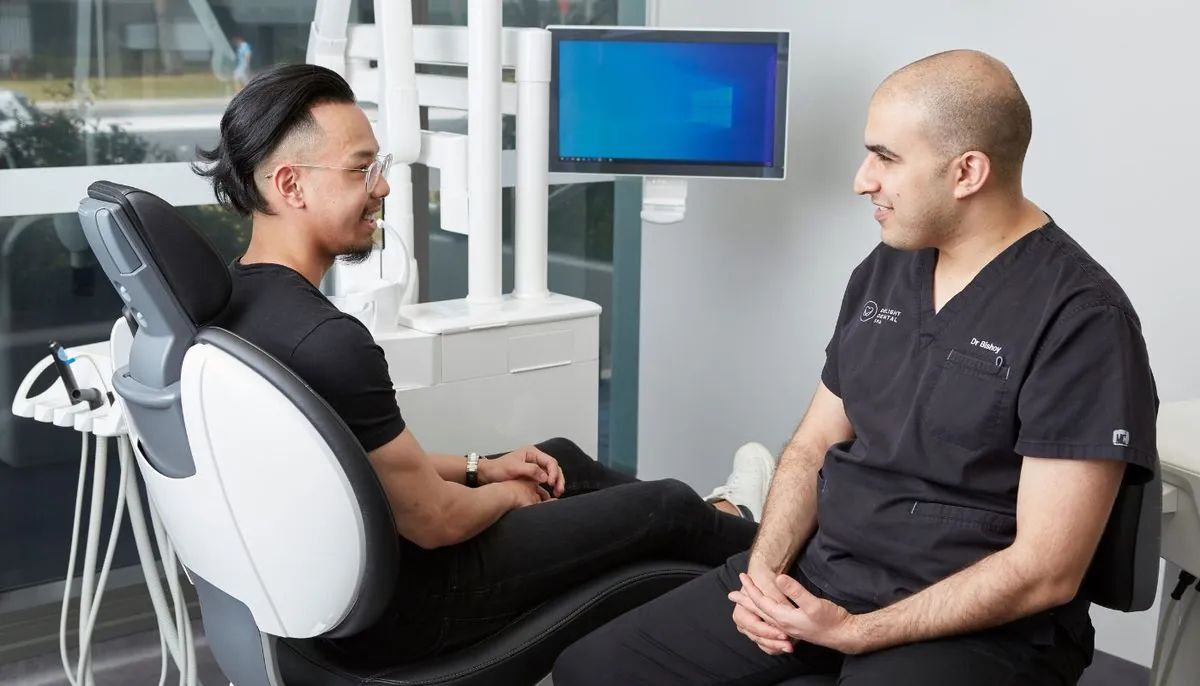A recent survey conducted by the Royal College of General Practitioners (RCGP) has unveiled alarming trends in the UK's primary care sector. The poll, carried out in September 2024, indicates that 42% of general practitioners (GPs) are considering leaving their profession within the next five years.
The primary reason cited for this potential mass exodus is the overwhelming stress associated with the job. Over half of the respondents (51%) mentioned stress as a key factor in their decision to leave, surpassing retirement plans (38%) as the main motivation.
Patient safety has emerged as a significant concern, with 77% of GPs stating that excessive workloads are compromising the quality of care. This situation is exacerbated by the fact that the UK has approximately 0.76 GPs per 1,000 population, which is lower than many European countries.
The survey also revealed regional disparities, with GPs in the South West expressing the highest levels of dissatisfaction. Alarmingly, one in ten GPs anticipates their practice closing or relinquishing its contract within the next year.
These findings come at a time when the National Health Service (NHS), established in 1948, is facing unprecedented challenges. The NHS, which is the fifth largest employer globally, deals with over 1 million patients every 36 hours. Notably, about 90% of patient interactions in the NHS occur in primary care.
Despite the increasing demand, the number of fully-qualified, full-time equivalent GPs has decreased by 601 since 2019. This decline contrasts sharply with the projected 49% increase in hospital doctors over the next 15 years, as reported by the National Audit Office earlier this year.
The British Medical Association (BMA), founded in 1832, has been organizing industrial actions to protest against what they perceive as inadequate funding levels. These actions include some GPs limiting the number of daily appointments.
"The current situation is dire. We can't afford this mass exodus of qualified GPs because of the stress of the job leading to them burning out, we can't afford to have practices closing because the pressures are so intense."
The Department of Health and Social Care, established in 1988, has responded by committing to hire an extra 1,000 GPs and increase the proportion of NHS resources allocated to general practice. However, with the average GP consultation lasting only 9.22 minutes, concerns about the quality of patient care persist.
As the NHS grapples with these challenges, the need for a comprehensive solution becomes increasingly urgent. The future of UK's primary care system hangs in the balance, with potential repercussions for the entire healthcare landscape.
